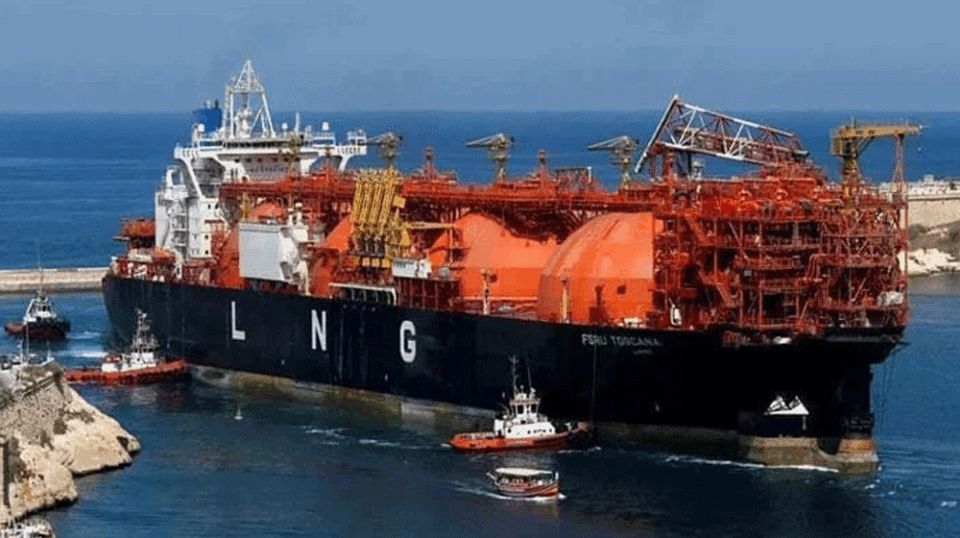Pakistan Seeks Deferral of 177 LNG Cargoes From Qatar Amid Falling Demand
Pakistan is planning to request Qatar to defer 177 liquefied natural gas (LNG) cargoes over the next five years, as lower domestic gas consumption has created a surplus in the system.
According to officials, the deferred cargoes—valued at about $5.6 billion—would be rescheduled for delivery in 2031-32, aligning with the expiry of one of Pakistan’s long-term LNG supply agreements with Qatar.
A national daily reported that Pakistan will also propose an additional arrangement, asking Qatar to divert at least two monthly term cargoes to the international market in 2026, while ensuring that Pakistan’s overall supply commitments remain unaffected.
The surplus has emerged due to reduced demand from both the power and export sectors, leaving 177 cargoes in excess between October 2025 and 2030. Each shipment is estimated at around Rs. 9 billion, bringing the total to $5.6 billion at current exchange rates.
Currently, Pakistan imports 120 LNG cargoes annually under long-term agreements—108 from Qatar and 12 from Italy’s ENI. These contracts operate on a “take-or-pay” basis, primarily to fuel four RLNG power plants in Punjab. However, the power sector has consistently underutilized imported gas, adding to the challenge.
A high-level delegation led by Federal Minister for Petroleum and Natural Resources Ali Pervaiz Malik, along with senior officials including Petroleum Secretary Momin Agha, SIFC Coordinator Lt-Gen Sarfraz, and PSO Managing Director Syed Taha, will travel to Qatar to formally present these proposals. The team is also tasked with finalizing the 2026 Annual Delivery Plan by September 15, which will determine the cargo delivery schedule.
Officials noted that while Pakistan has the option to renegotiate pricing terms with Qatar under the “price opening clause” in March 2026, the LNG surplus requires earlier action. Five cargoes already deferred from 2025 are expected to arrive in 2026, which could further intensify the supply glut.
Under existing contracts, Qatar supplies nine monthly shipments—five priced at 13.37% of Brent crude and four at 10.2%—under separate 15-year and 10-year agreements. By contrast, Pakistan’s contract with ENI allows it to divert one monthly cargo to the spot market and share profits or losses, an option not available with Qatar. If Pakistan asks Qatar to resell cargoes, any losses would be borne by Islamabad, while profits would remain with Qatar.
The surplus has also created operational strain on Pakistan’s gas infrastructure. The main RLNG pipeline, designed to stay below 5bcf line-pack pressure, has been operating at around 5.17bcf. To manage this, authorities have shut down local gas wells producing between 270 and 400mmcfd.
Data shows the power sector is consuming about 510mmcfd of RLNG against its contracted 800mmcfd, while the export sector has reduced its demand from 350mmcfd to just 100mmcfd, citing high costs of imported gas. The state-owned SNGPL confirmed that reduced consumption has forced it to curtail local gas supplies in order to protect the transmission system.

